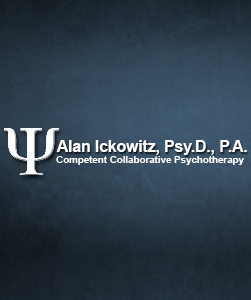How Therapy Works Part II
Why don’t some therapists say anything about themselves?
Why may the client be asked by the therapist to try and answer their own questions, especially when the question is about the therapist?
The ideas discussed in Part I below, help us to answer the second and third question listed above as follows; if our goal is to increase the client’s awareness and knowledge of him or herself, one effective way to do this is to allow the client to become aware of the assumptions that they make about the world, about people in general, and about the therapist in particular. When the therapist does not tell the client the personal details of his/her life, the client begins to relate to the therapist making certain assumptions that are partially based upon their observations and ‘knowing’ the therapist through the relationship, and in part based upon the client’s expectations of others from previous life experiences. When a therapist responds to a client’s question with a question, “what are your thoughts about that?”, these hidden assumptions become visible to the client and the therapist. Once the client thinks about and shares these thoughts, the therapist may answer the original question or they may not if they believe that to answer will shut down other valuable explorations of the client’s inner emotional world related to the topic at hand.
While the above strategy can be applied to any topic the client is currently thinking about and discussing in a session, the questions/thoughts/feelings/expectations of and about the therapist, are the most important questions of all. The reason for this is that in a therapy of this type, the client’s relationship to the therapist is the single most important element of the entire treatment. This is because it is believed that the relationship between the therapist and the client is itself the vehicle for growth and change for the client. It is so often the case, that many of the difficulties and challenges that clients face in their lives grew out of either unhealthy or inadequate formative relationships (inadequate to the degree that the early life relationships did not provide the necessary emotional environment for a healthy sense of self to form and solidify). It follows that if the problems and challenges the client faces grew out of their previous relationships, then the client will need a new relationship to form the context within which they will be able to heal and grow.

